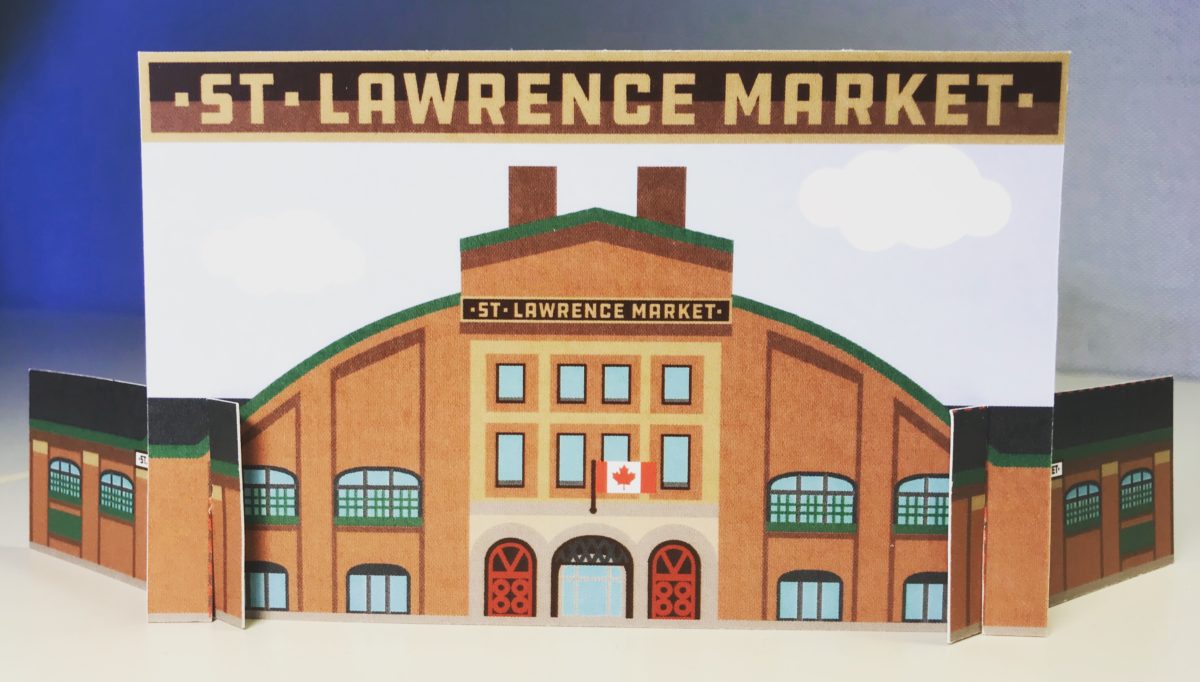This is part two of a ten-part series on coping with disinformation. For part one, visit Read Things you Disagree With.
One of the first things you learn about negotiation (such as in these courses I took at the University of Toronto) is to stay open and curious. Without doing so, you can’t understand what’s driving the other side and what their real interests are, as opposed to the positions they’ve taken. If you can’t understand what someone’s really interested in, you can’t address those interests, which means you can’t get to the win-win situation necessary for a successful negotiation. When neither side feels they’re getting what they need, there’s no negotiation and no compromise, only resentment and (ultimately) a failed negotiation.
Curiosity’s value extends far beyond the negotiating table: it allows us to understand others and what makes them tick, even when we disagree with or can’t understand why they think a certain way. Being able to understand and engage with others has never been more important, with the proliferation of anti-vaccination sentiment, QAnon, “Stop the Steal” and other disinformation. If ever there was a time to reach people struggling with disinformation, that time is now, and curiosity is an essential part of that process.
Creating safety
Nobody ever changed their mind by being told they’re stupid. People change their mind when they feel safe to do so, which means you have to create the conditions for that safety, to allow them to think critically about their opinions and the information they’ve used to construct them.
Curiosity allows that. It doesn’t mean you agree with someone; it means you recognize there are reasons behind their opinions, whether or not you think they’re rational. By asking open, honest questions, we validate the person without validating the misinformation, and can start to understand why they ended up at a certain place, intellectually.
Affirm what’s reasonable
For example, when someone says they don’t want to get vaccinated because they’re heard that vaccines are dangerous or can cause harmful side effects, it’s ok to acknowledge that your health is important, and nobody wants do something dangerous or risky. Then you can ask why they think vaccines are unsafe. That’s curiosity. That’s the beginning of a conversation and not a debate. Asking open-ended questions keeps both parties open and curious:
- Why do you believe that?
- Where did you hear that?
- What information are you using?
- Is that reasonable?
By staying open and curious, you allow the possibility for people to reach an alternate conclusion and change their mind, or at least consider that other possibilities exist.
Staying curious in this situation means going beyond staying open. Staying open to possibilities simply means not shutting them off. Curiosity means actually seeking out those possibilities. People change their opinions by leading themselves to a conclusion and not being led. Curiosity sets the stage for that.
For more ideas on how to engage people openly and honestly, visit



